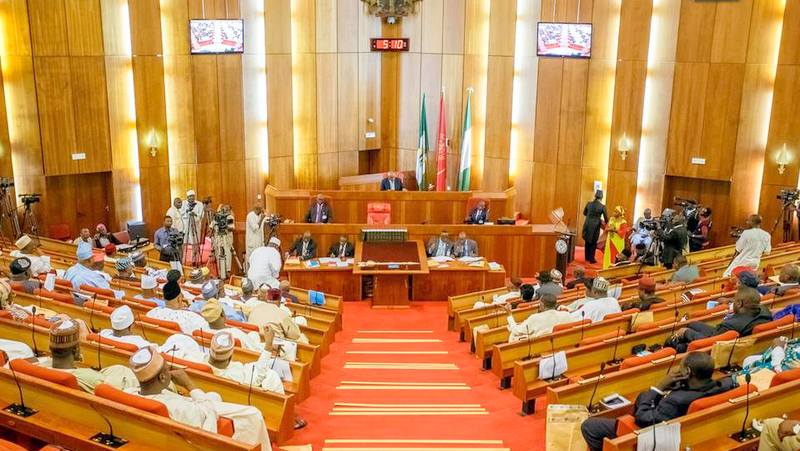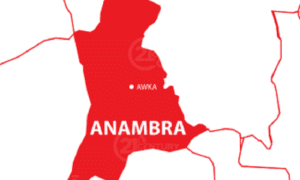


Senators bicker as bill to ban open grazing scales second reading
Tensions ran high as the bill to ban open grazing successfully passed its second reading in the Nigerian Senate on Wednesday.
The legislative session was marked by heated debates and strong emotions, reflecting the contentious nature of the proposed law.
If enacted, this bill will finally prohibit open grazing nationwide, aiming to resolve longstanding conflicts between herders and farmers.
The bill, sponsored by Senator Titus Zam, representing Benue North West, outlines specific regulations for the establishment and management of ranches, promoting best practices and mitigating disputes between herders and farmers.
Explaining the general principles of the bill, Zam canvassed the need for the proposed commission to manage, regulate, and preserve ranches across the country.
He said: “The proposed National Animal Husbandry and Ranches Commission is for management, preservation, and control of ranches throughout Nigeria.”
The bill, however, met stiff opposition from Senator Danjuma Goje from Gombe and his counterpart from Kebbi, Adamu Aliero.
Both Lawmakers and former governors argued that cattle rearing and ranching activities were more in the North than in other parts of the country, reasoning that lawmaking should be for the entire country and not for a section.
Goje specifically maintained that cattle routes begin from the far north and end in Lokoja as “the route does not extend to the South”.
In his contribution, Senator Hussein Babangida Uba, representing Jigawa North-West, called for extra caution in passing the bill, given its trail of controversies in the past.
Other Senators who supported the bill contended that the proposed Commission would manage the farmers/herders crisis, hence, it should be passed.
The bill was passed after it was put to voice vote by the Senate President, Godswill Akpabio.
It was referred to the Senate Committee on Agriculture, Judiciary and Legal Matters to be reverted in four weeks.
This legislative measure is designed to address the challenges and conflicts associated with cattle rearing, ensuring a more structured and sustainable approach to the industry.



